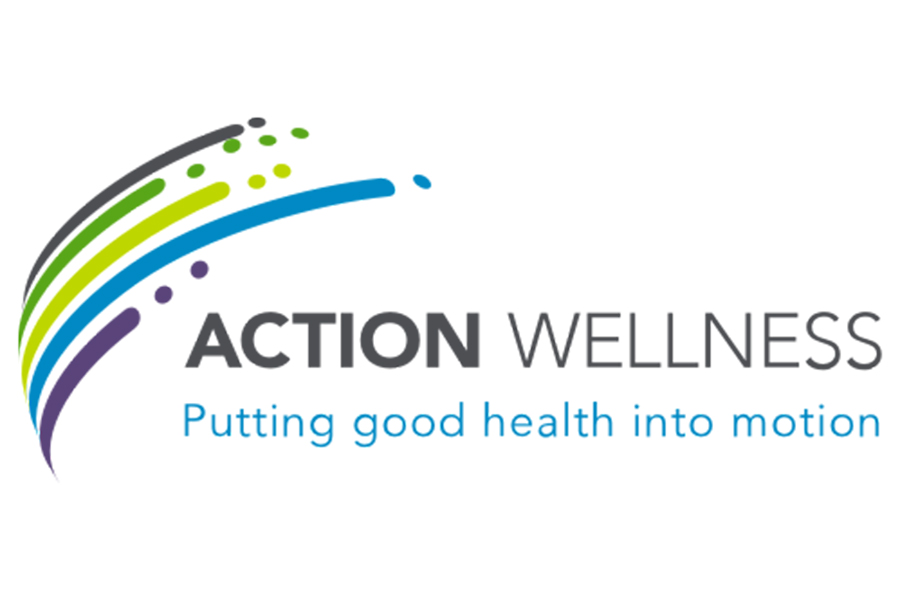Studies show that being social and cultivating an interpersonal support system leads to a healthier lifestyle. Action Wellness, a Philadelphia-based organization serving the needs of those living with chronic illness and HIV, knows this intimately.
“For over 30 years, a particular ‘human connection’ program, known officially as the ‘Buddy Program’ at Action Wellness, has been mutually successful to those who participate in it,” explained Ronald Hoskins, Director of Volunteers.
In the Buddy Program, volunteers reach out to local people living with various chronic illnesses, including HIV, to provide emotional support, companionship and socialization.
“Our volunteer services are the heart and soul of Action Wellness, and for clients, their ‘buddy’ is often the first phone call they make with good or bad news,” said Kevin Burns, LCSW, executive director Action Wellness. “I am proud that we have one of the largest and longest-surviving volunteer buddy programs in the country.”
Hoskins explained that the buddy program thrives and provides invaluable support, “Not through various channels of social media, and not through texting or emailing, but much more basically — by use of the human ‘voice’ and the human ‘presence.’”
A recent article from Black Health Matters listed five health benefits of friendships and interpersonal relationships — reduced anxiety and depression, a stronger immune system, better fitness, a healthier heart and longer life — and they’re good for everyone.
Unfortunately, not everybody has access to a social network, especially as they get older or ill.
“So many people who experience ongoing chronic illnesses often find that their previous support systems begin to slowly fade away, with some even ‘disappearing,’ and they long for an occasional phone call so they can hear another human voice,” said Hoskins, the volunteer director.
“Just hearing the phone ring and having someone say ‘Hello, How are you doing?’ is probably the best emotional immune booster one can have when one is not well, especially to individuals who don’t hear the phone ring anymore, other than to receive incessant ‘robocalls.’”
Hoskins explained that any type of ongoing illness ultimately presents “isolation” because the average person tires of hearing the health concerns of those around them, even if they are close friends.
“But having someone stop over, or even better yet, getting someone out of their home for a change of scene, proves to be for many of our people ‘just what the doctor ordered.’” Hoskins went on to explain that the Buddy Program provides a connection that influences someone’s mood, spirits and disposition as well as physical health and the desire to maintain the current health.
“The bond between our clients and their volunteer ‘buddy’ is very strong, and helps our clients to manage anxiety, depression, reduce isolation, increase medication adherence and achieve Wellness!” Burns added.
Burns and Hoskins agreed that the program benefits both sides of the equation, the giver and the receiver. The Buddy System creates a two-way street, because, of course, the equation inevitably includes two humans connecting over, among other things, a collective humanity.
For information on the Buddy Program and other Action Wellness services, go to https://www.actionwellness.org or call 215-981-0088.
